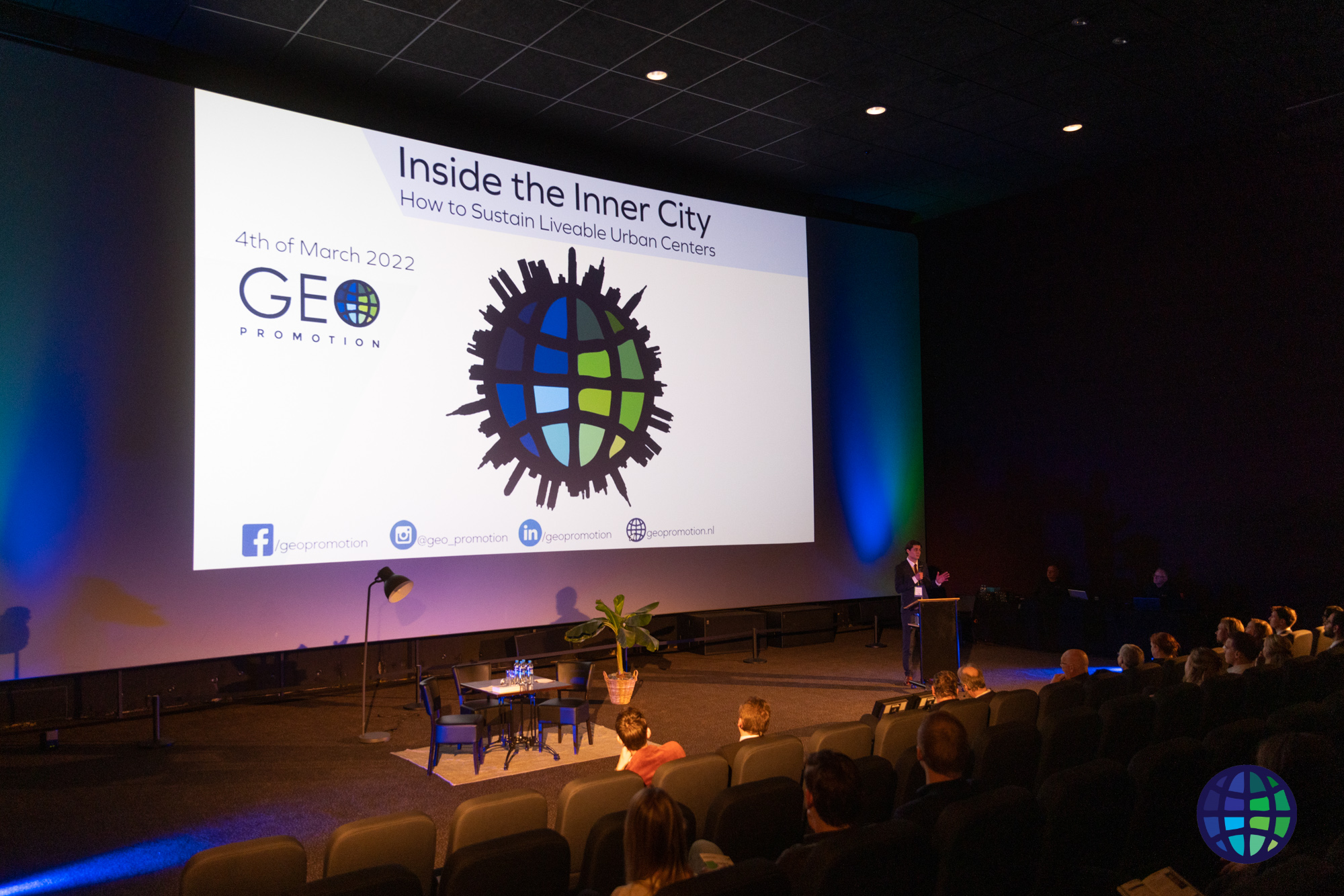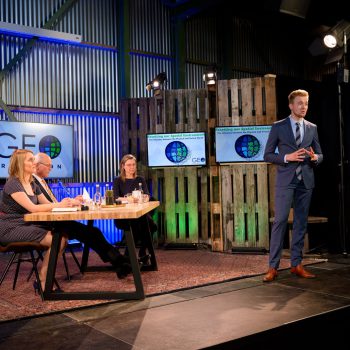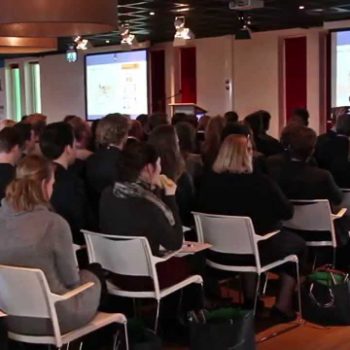With the ongoing urbanization of our society, inner-cities are under pressure. Rent prices go up, the diversity of amenities decreases, streets get busier, and there is a high demand for accessibility. The inner-city seems no longer for everyone. The social-middle class is slowly driven away from the urban centers, as do the amenities which provide basic necessities. Rather, the inner-city becomes a recreational and living place for high income people and tourists.
At the same time, inner-city developments provide great opportunities to respond to the challenges of our modern times. Focusing on compactness, density, diversity, mixed-uses, sustainable transportation, and green space are some of the core strategies to achieve for example the goals of sustainability.
But how do we keep our inner-cities liveable with the ongoing concentration? More concentration leads to more stress on our environment in terms of noise, air quality, odour, safety, greenhouse gas emissions, and so forth. Furthermore, it also puts more pressure on our infrastructures and the public transport system. How do we solve these issues?
Summarizing, inner-cities are prone to dilemmas and are central to conflicts of interests. Therefore, in order to sustain liveable urban centers, spatial and urban planners have an important role to play when it comes to the future of inner-cities. From a circular perspective, it is important to see the urban structure as a whole – which requires more visionary, long term, holistic planning.
Host:
Tracy Metz is a journalist, author, and presenter. After growing up and studying in California she went to Europe where she ended up in the Dutch world of journalism. Here she writes critical, independent, and powerful articles combined with a sense of humour about topics relating to architecture, urbanism, and the environment. She writes for ‘NRC Handelsblad’, ‘De Architect’, and the American magazine ‘Dwell’. Tracy is also the author of several books including ‘Snelweg’, ‘Nieuwe natuur: Reportages over veranderend landschap’, ‘FUN! Leisure and Landscape’ and ‘Sweet&Salt: Water and the Dutch’. Currently, she is developing a podcast (in Dutch) about water called ‘Nattigheid: Opbeurende verhalen over water’. In 2012 Tracy started ‘Stadsleven’, a fascinating live talk show and digital magazine about urban life. Since 2013 Tracy is the director of the John Adams Institute, the center for American Culture in the Netherlands.
Keynote:
Prof. dr. Zef Hemel is Professor of Urban and Regional Planning at the University of Amsterdam and a visionary planner. Zef will give a keynote of his vision on the opportunities and threats in present-day cities.
In his book “Er was eens een stad: visionaire planologie” Zef introduces a new kind of open planning – a planning which can easily adjust to permanently changing circumstances and benefits from unexpected opportunities. Which is no longer based on the idea of manufacturability, but is democratic and is fed by the experiences and imagination of citizens. He believes visionary planning can bring about major change in an increasingly complex world with modest interventions. Zef will discuss topics such as liveability, accessibility and equality from his point of view.
Dr. David Evers is senior researcher at the Planbureau voor de Leefomgeving within the sector Spatial Planning and Quality of the Local Environment. David will give a keynote on his vision on changing inner cities.
Dutch inner cities have been dealing with increasing vacancy the past few years. Which created a fear of ‘doughnut cities’: cities with an empty core where nobody lives or works. After doing research, together with Joost Tennekes and Frank van Dongen, David concludes that there is a transition going on in inner cities, where the character of inner cities changes: offices and shops transform into housing and restaurants. In his keynote, David will talk about this transition of his research “De Veerkrachtige Binnenstad”, the concerns and the role of the government..
Anne Loes Nillesen is founding director of urban design firm Defacto and Urbanism in Rotterdam. Defacto specializes in urban research and design in the domain of climate adaptation and flood risk management. She worked on several complex, large-scale urban design and flood risk management assignments such as the Dutch Delta Programme and Netherlands ‘sea-level rise’ and ‘integral river management’ strategy, the Bangladesh and Mekong Deltaplan, and several urban adaptation strategies, amongst which a barrier design for Houston, the ‘Water as Leverage for Resilient Cities Asia’ project for Khulna (Bangladesh), the Kigali Nature Based Solutions strategy (Rwanda) and the Amsterdam as well as the Rotterdam Climate Adaptation strategy (Netherlands).
Participating companies:
- BBN Adviseurs
- Antea
- Pacer
- Kickstad
- Metafoor RO
- Dura Vermeer
- Witteveen+Bos
- Geon
- Sweco
- Kadaster
- SAC
- Brink
- Prolander
- GOA Publiek
- Procap
- Century
- Rijkswaterstaat
The board:

Chairman: Jesse Burgler
Secretary: Leonneke Elzenga
Treasurer: Cheyenne Raskeyn
Commissioner Intern: Diede Brookhuis
Commissioner Extern: Diego van Kampen




